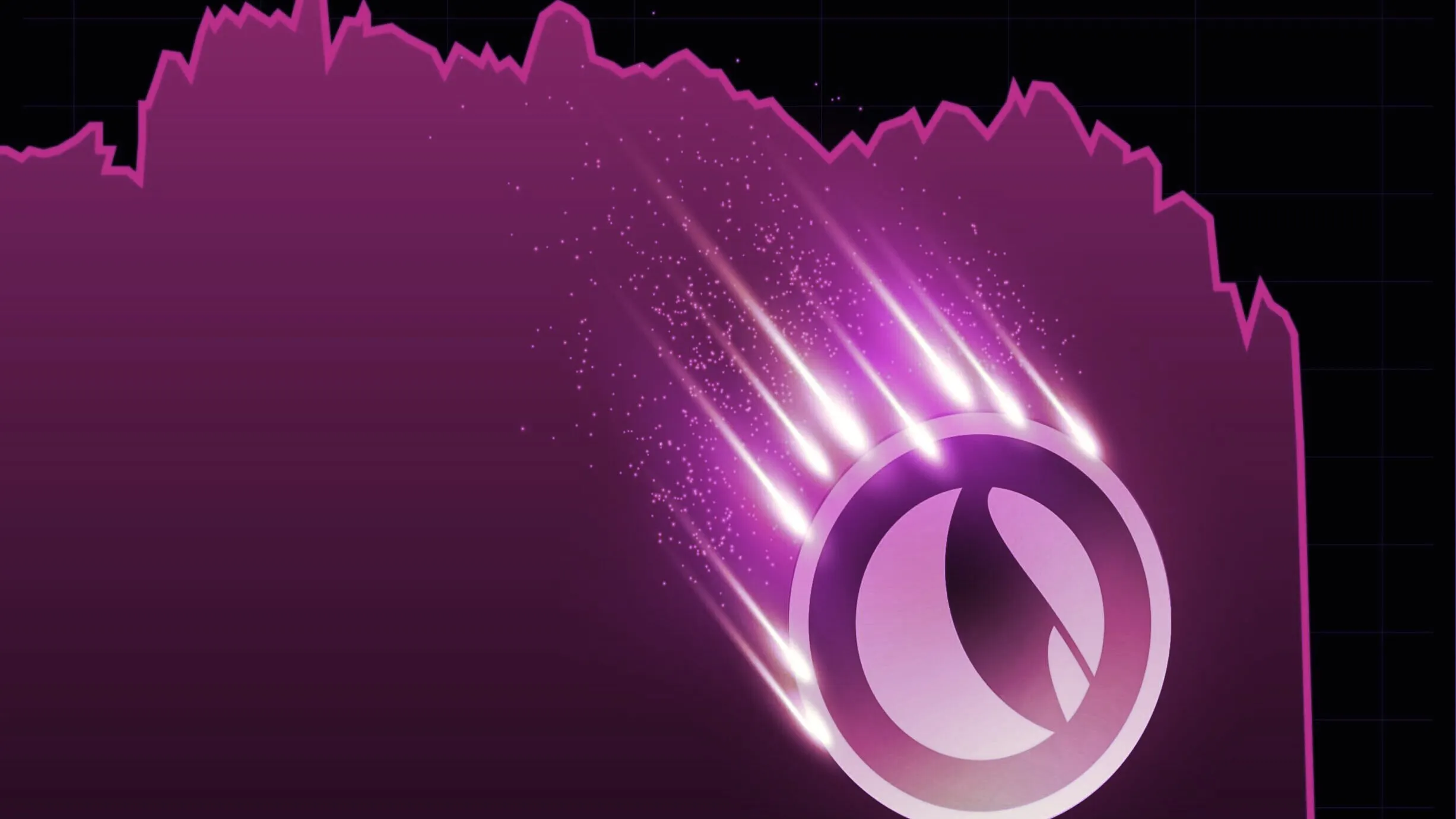About the author
Colin Wu writes the Wu Blockchain newsletter (wublock.substack.com) about crypto in China. Follow him on Twitter @WuBlockchain and Telegram @colinwu1989.
Editor's note: The original version of this piece was published in Wu Blockchain.
Terra and UST plummeted to zero seemingly in an instant, wiping out tens of billions of dollars in market cap, and a large number of investors who suffered losses already have launched lawsuits. Many key industry players have warned that regulatory pressure on cryptocurrencies may now intensify.
Here are three nations at the forefront:
South Korea
South Korea will be the first country to intensify the pressure. South Korea has been the most fanatical country in the world for cryptocurrencies.
Data shows that more than a third of the country's citizens are invested in cryptocurrencies, and South Korea also is the top source of customers for many exchanges with derivatives trading such as Bybit and Bitget. The new president was set to ease some restrictions in a bid to appeal to younger voters, but there has been strong opposition. Plus, Terra is known to be a project created by South Koreans and with Korean capital.
The Korean community and investors lost a lot of money in this event. Top venture fund Hashed lost over $3.5 billion. The government has set up a financial regulatory panel called "Death," the IRS is investigating taxes, the National Assembly has requested Terra CEO Do Kwon appear for hearings, and several law firms have initiated class-action lawsuits. This also casts a shadow on the future of cryptocurrency policy friendliness in South Korea.
Singapore
The Terra Foundation relocated from South Korea to Singapore, which could generate a lot of litigation.
Singapore has been quite crypto-friendly in the past, and has attracted crypto institutions from all over the world, especially from Asia and Greater China. However, in recent years, it has also faced pressure from other countries, leading to targeted crackdowns, and Binance and 3AC, among others, have moved to Dubai.
In the wake of the Terra crash, Singapore's regulatory policies are likely to tighten. More than 1,000 local Singaporean investors have reported to police that they lost money on the project.
The US
The current center of cryptocurrencies, DeFi, and NFTs also has brought together the most capital and large companies. But there have also been traditional central bankers, economists, and veteran investors within the U.S. who have been opposed to cryptocurrencies.
After the Terra collapse, the Treasury Department, the Securities and Exchange Commision, and other major regulators have let slip that they're trying to tighten regulations. And over in China, regulators have been keeping a close eye on the USDT-led stablecoin, and the UST crash may also be an excuse for Chinese regulators to once again step up crackdowns on stablecoins.

